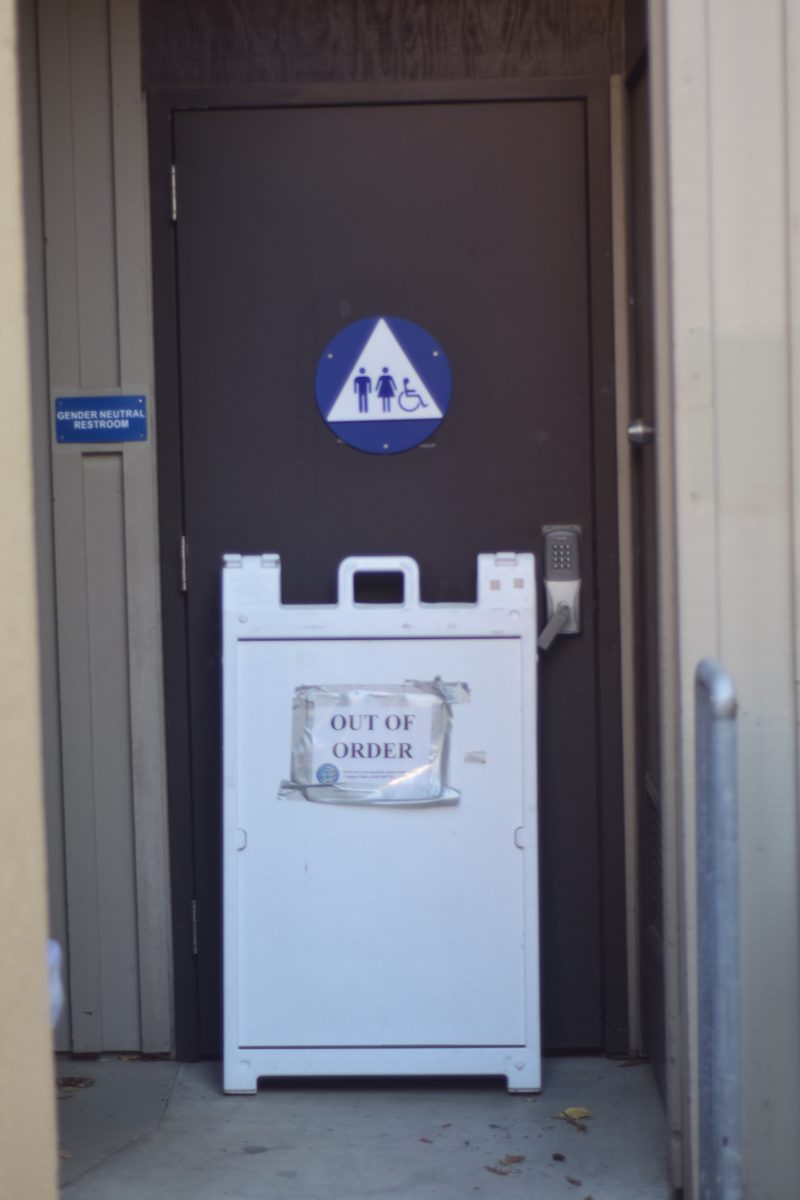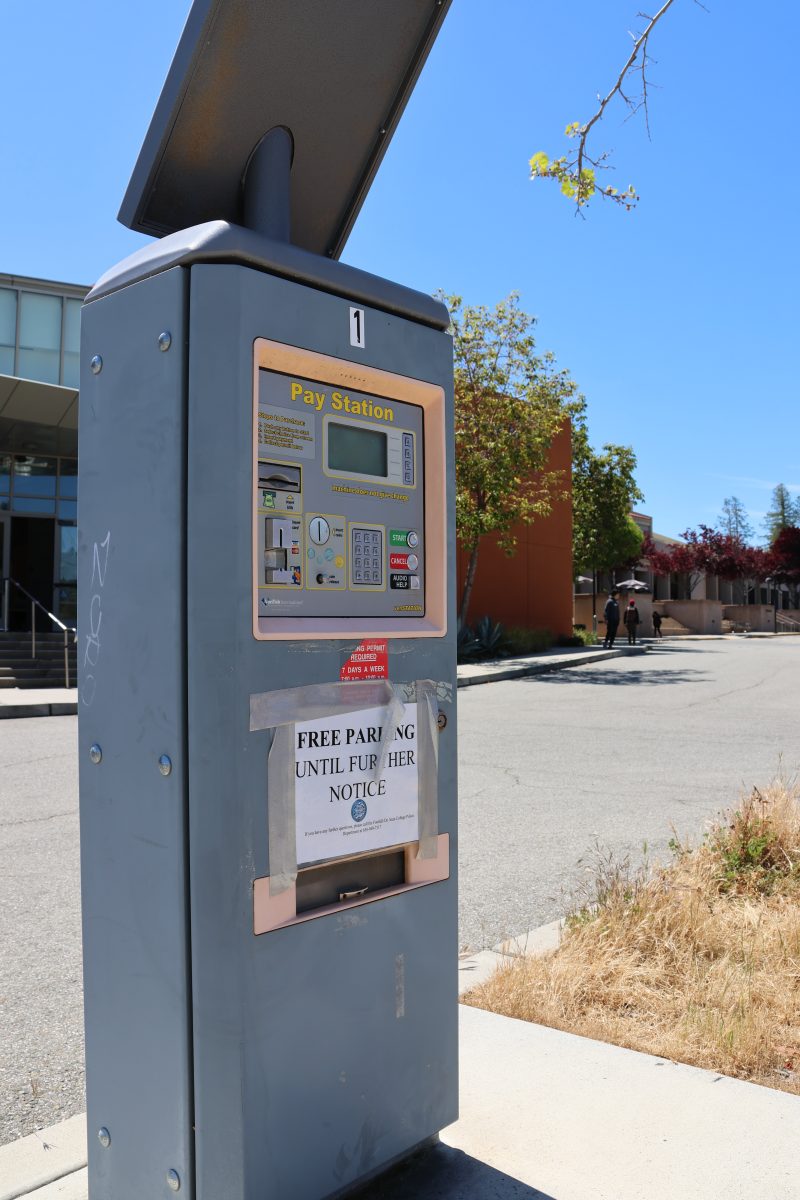College students who cheat to pass their courses contribute to a poor ethical climate in society.
A vicious cycle begins when a student does not prepare for exams or fails to write an essay, and then goes on to get a passing grade using deceptive measures. Copies of the answers to an upcoming test, prewritten essays for sale on the Internet and other shortcuts can be a temptation to students in danger of getting a poor grade.
Whether it is the constant cheater always looking for a way to beat the system, or the victim of circumstance who fell behind and decides to do it “just this one time,” cheating leads to an erosion of integrity that spills over into the workplace and society.
According to ABC news, one third of Richard Quinn’s University of Florida senior class was suspected of cheating on their midterm last week. The business course of 600 students scored a grade and a half higher compared to last session, which raised a red flag, causing Quinn to investigate. He ran a statistical analysis and discovered a bimodal distribution.
A bimodal distribution occurs in statistics when an external force has been applied to the data set. This creates a systematic bias within the set, which can be seen in a visual representation of the data. Quinn did not know what the external force was until an anonymous student slipped an answer sheet to the test into his mailbox, revealing how the test results were skewed.
These were 200 business majors about to join the marketplace, whose corrupt moral judgement would be impacting our world on a daily basis. I wonder if the savings and loan scandals, mortgage frauds, political scandals and other disappointing events that happened in recent news began with the seed of cheating “just this one time” during college.
“Getting away with cheating will definitely encourage further corruption and a misunderstanding of self education,” said 22-year-old literature composition major Angel Ordez, “Actions must be taken, especially for business students because it reflects the current status of our economic situation.”
Quinn gave the students an ultimatum. All 600 were required to take a new midterm and would receive the better of the two grades. Any cheaters could confess and take a four-hour ethics seminar with no further repercussions, aside from Quinn’s withdrawal as their mentor.
“For those of you who acted ethically, you have my undying gratitude. You have my utmost respect.” Quinn said, “For those of you who took the shortcut, don’t call me. Don’t ask me to do anything for you ever again.”
When you cheat in school, you are cheating yourself out of a true education. But as the case in Florida shows, it can impact others as well. The 400 honest students were forced to unexpectedly alter their schedules and submit to retesting due to no fault of their own. And if the cheating was not discovered, the poisonous habits of those who were guilty would go on to taint the ethical environment of their chosen field.
“It really comes down to your character as a person,” De Anza College math instructor Kathy Plum said. Years ago, Plum said she had a student who had another person come in and take his final exam for him. Plum looked around the room and noticed that there was one more person in the room than was enrolled in the class. She called security and the student was expelled. The person who was attempting to take the test for the student was from West Valley College, which was notified after the incident.
It may be hard to deal with getting a lower grade after falling behind because of an illness, family emergency or other stress related factors, but to cheat in college is a slippery slope that will surely carry over into one’s chosen profession. The strategies employed in school are not likely to be abandoned once school is over, so sound ethics in college will equal sound ethics in one’s career.








